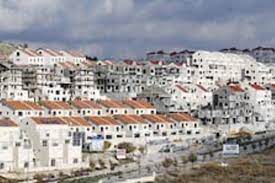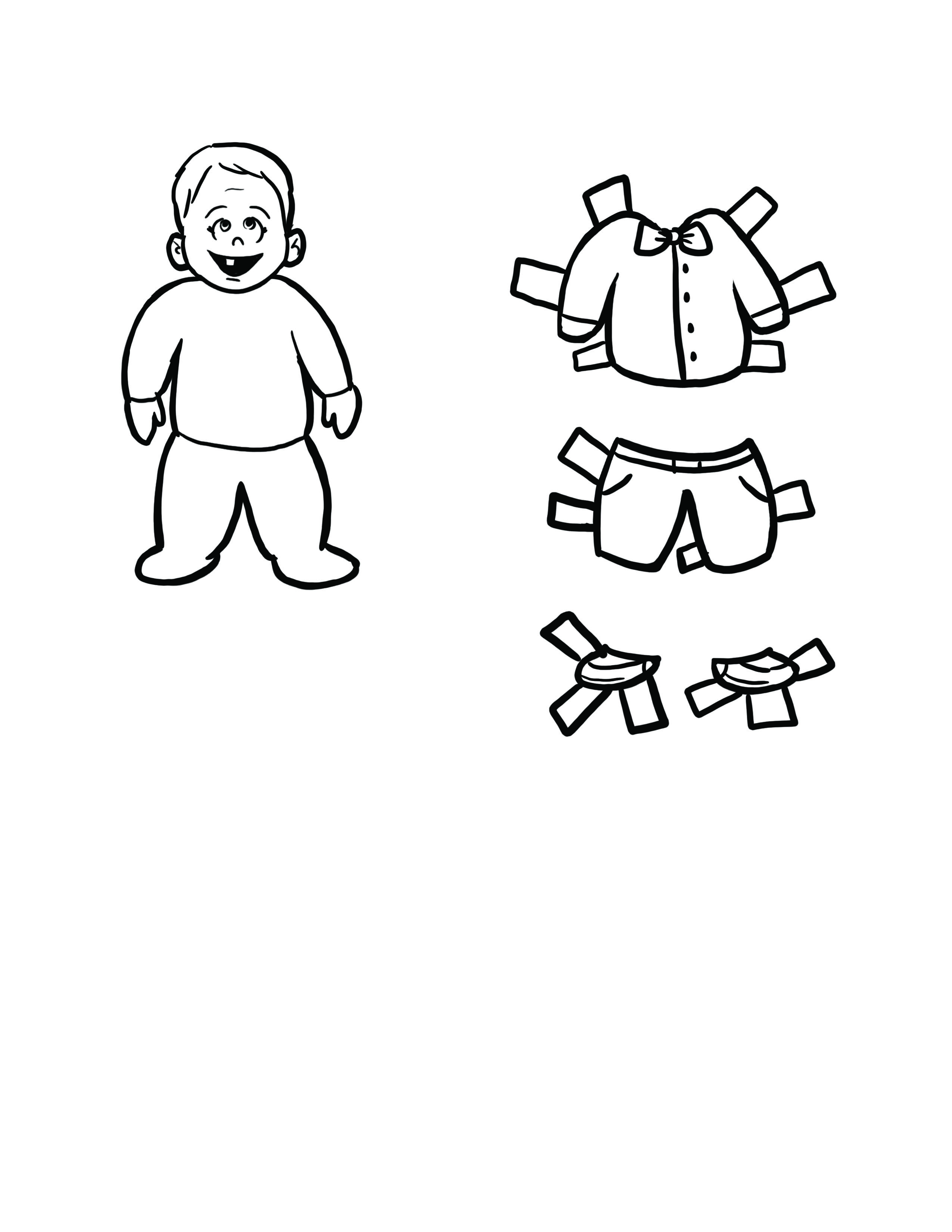No One Has to be Lost in the Forest : Baltimore Bikur Cholim
Sonya was lost in a forest. There were several paths, but she was not sure which one to take. She was hungry, thirsty, and tired. She longed for some food and a place to sleep, but most of all, she yearned for somebody to show her the way out of the forest. Suddenly, she noticed a sign tacked to a tree: “Are you hungry, thirsty, tired, and lost? I will show you the way out of the forest and give you some food and a bed.” What a relief it was to Sonya! She followed the directions on the sign and was soon eating a bowl of soup while listening to instructions for leaving the forest.









